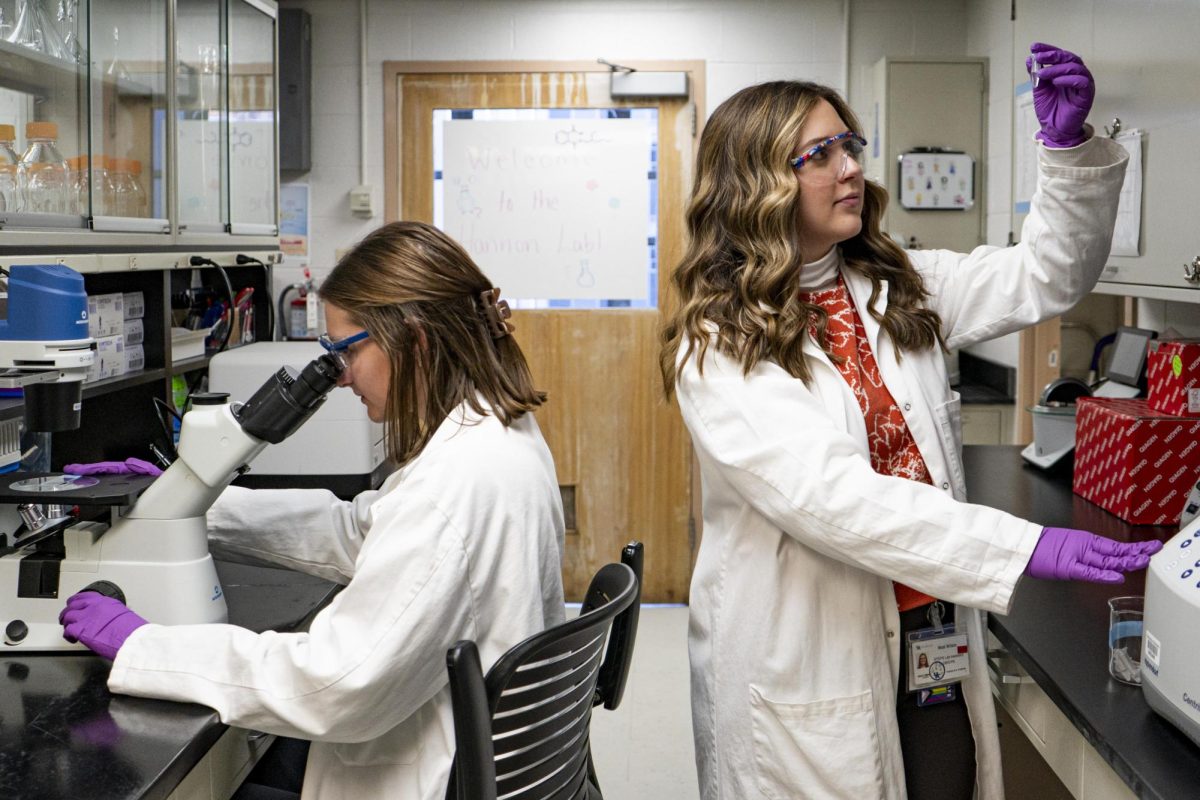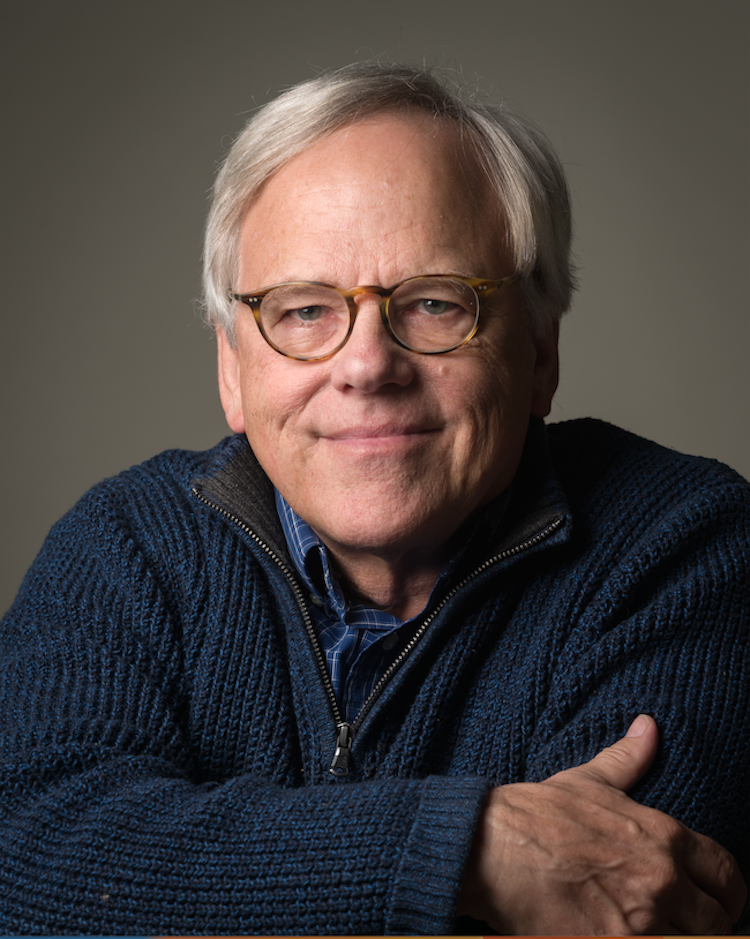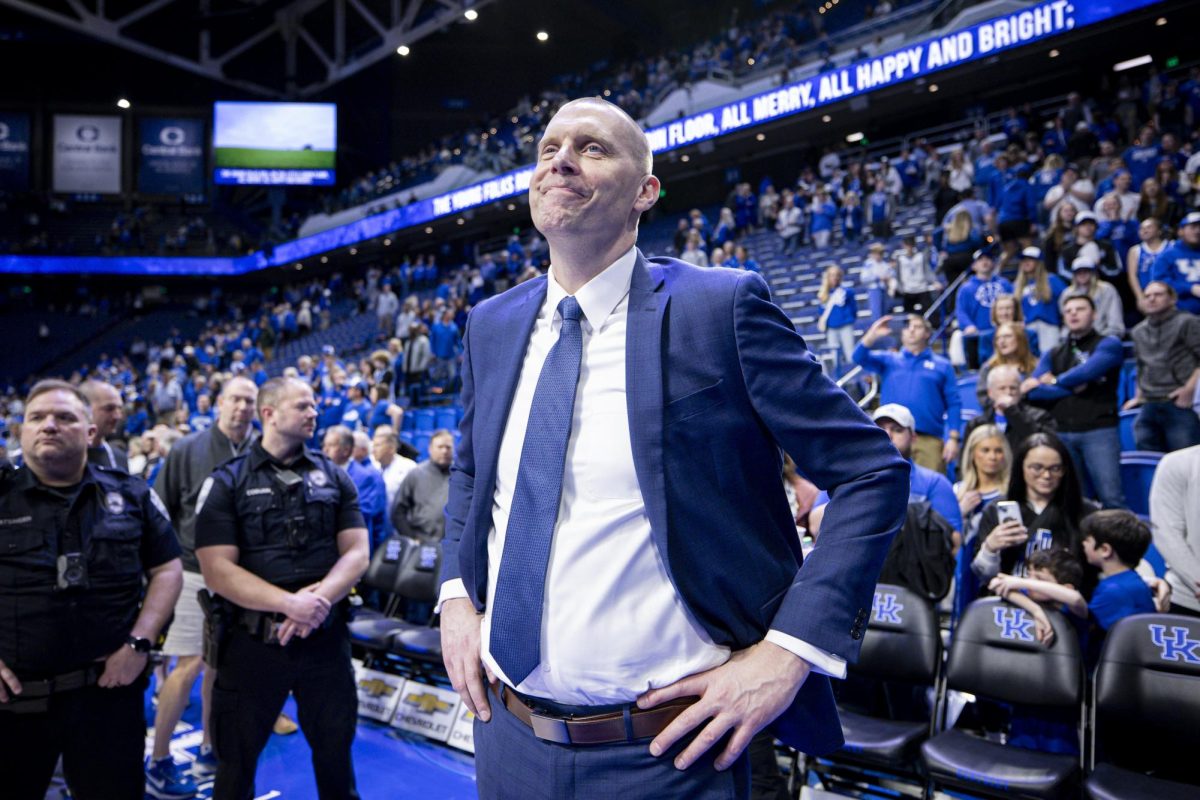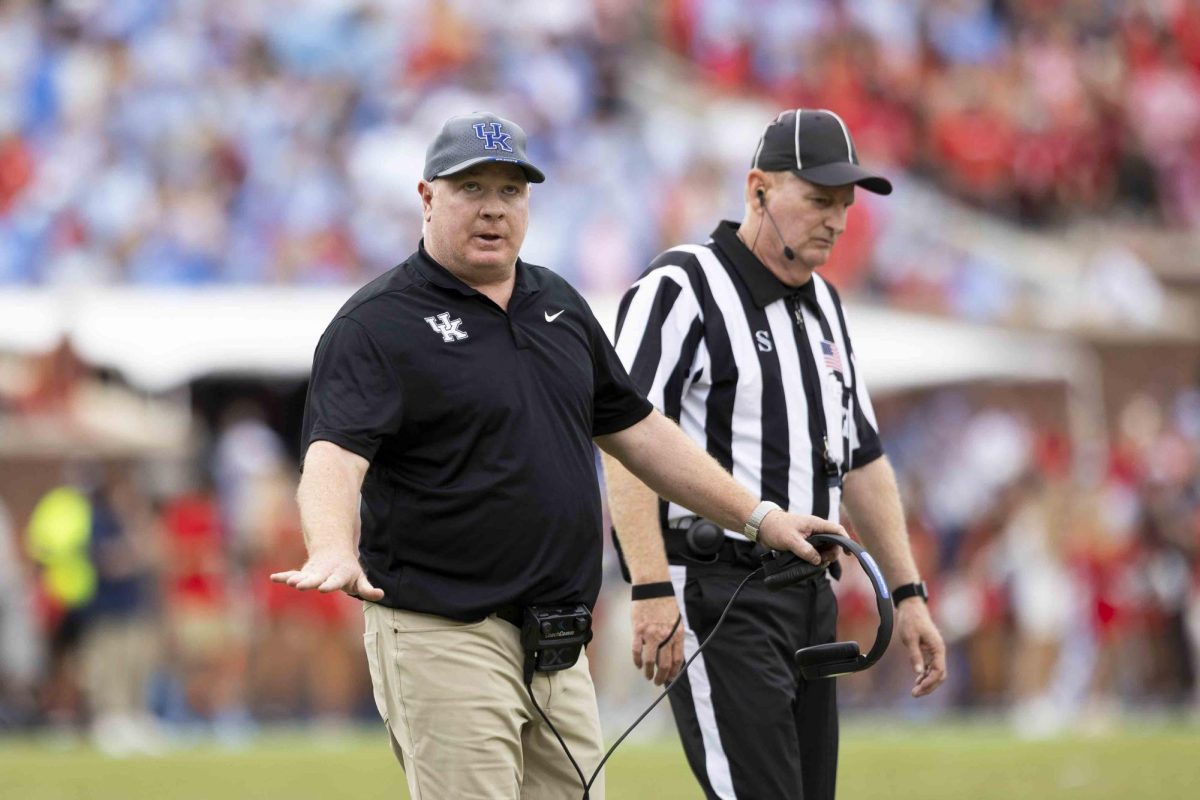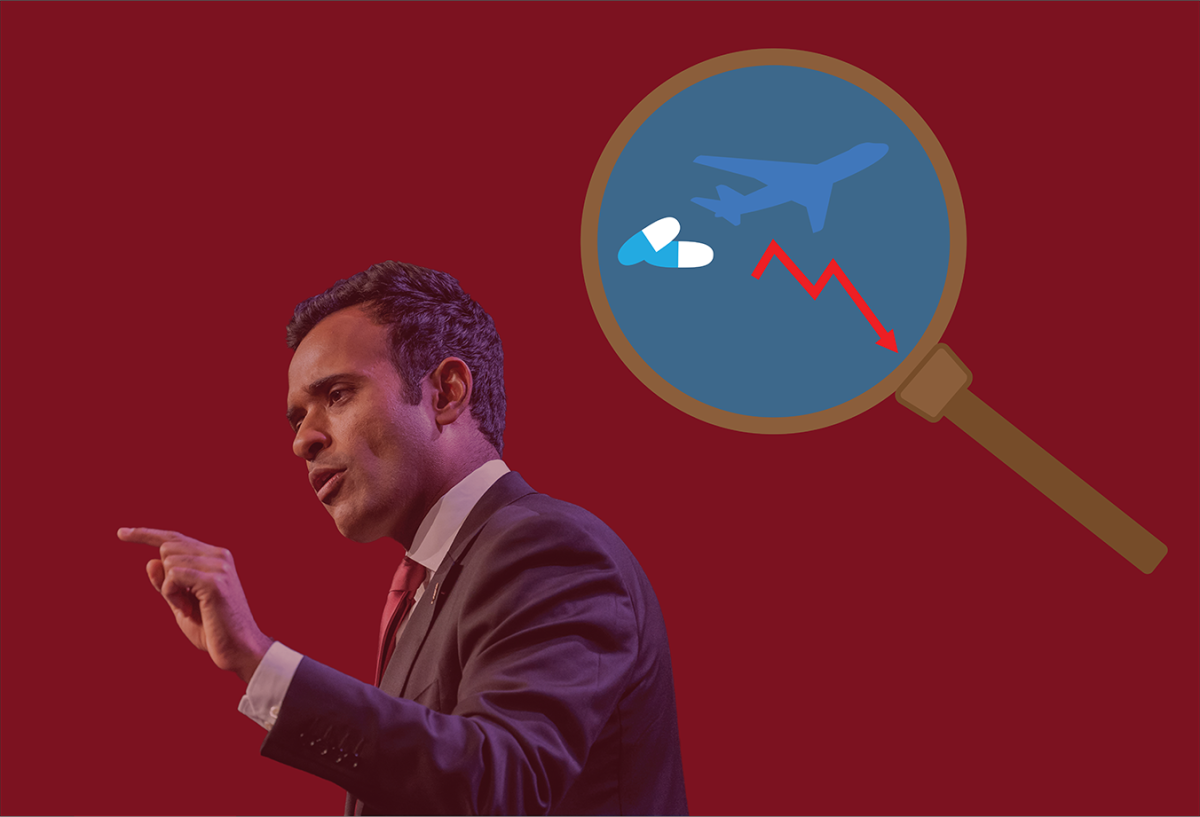Nearly two years ago — February 2023 — Vivek Ramaswamy, a 38-year-old biotech entrepreneur, began his 2024 presidential campaign. It was a seemingly insignificant event in the course of the election cycle, with no one expecting such an unorthodox political outsider to see any success.
And they were right. Partially, at least. Ramaswamy suspended his run on Jan. 15, 2024, a mere 11 months after he began his presidential run. The self-proclaimed manifestation of the “American dream” could not propel himself to the top.
Yet, while Ramaswamy’s presidential bid faltered, his trajectory has nevertheless raised questions about his qualifications and ethics, particularly as he now steps into a key role in the federal government under the upcoming Trump administration.
Climbing up the social ladder isn’t new to the soon-to-be co-head of the Department of Government Efficiency (DOGE), a planned presidential advisory commission. From a middle-class immigrant household to a smooth-speaking multimillionaire, Ramaswamy certainly has a breadth of experience, and his level of accomplishment is undeniable.
But, is he fit to play such a critical role in our government after stumbling onto the political scene less than two years ago? While not a federal executive department (which would require congressional approval), is it intelligent to place Ramaswamy and Elon Musk, two billionaires, into advisory positions for a billionaire president, whose primary function is to serve the interests of the entire nation, not just those of the elite?
As the title suggests, Ramaswamy’s past is cluttered with flaws. While the American public may not see it at first glance, a quick analysis has the ability to penetrate the clouds, revealing a string of controversies any politician would like to leave in the past.
A majority of my issues with Ramaswamy are associated with his biotechnology firm Roivant Sciences, which he founded in 2014. Yet, prior to the company’s inception, Ramaswamy’s past looks relatively spotless – being born to Indian immigrants in Cincinnati, Ohio, going to Harvard, establishing himself in the financial industry and receiving his juris doctor from Yale, he seems to have led a successful life and career up until his pharmaceutical endeavors.
However, upon founding Roivant Sciences, the outsider politician’s undertakings became sketchy.
The biotech corporation was founded after Ramaswamy’s seven years at QVT Financial, a New York hedge fund. Over $100 million in start-up funds were raised from various investors, according to The New York Times.
In its essence, Roivant’s strategy was to buy the rights to partially developed drugs from larger pharmaceutical companies and bring them to market. Roivant also had subsidiaries with varying pharmaceutical focuses, including Axovant Sciences.
Axovant purchased the rights to intepirdine, a drug for Alzheimer’s, under Roivant’s buy-and-market strategy. Despite intepirdine previously failing clinical trials at GlaxoSmithKline, Ramaswamy raised $350 million for Axovant and claimed that his company would yield “the highest return on investment ever in the pharmaceutical industry,” according to Forbes.
Before new clinical trials, Ramaswamy conducted an IPO, raising $315 million and inflating Axovant’s value to nearly $3 billion, according to Forbes. He sold shares, earning over $37 million personally, while Axovant had just eight employees and unproven trials.
Reuters reported that two years later, in 2017, Axovant announced intepirdine had failed clinical trials, causing its value to drop over 70% in one day. Investors suffered huge losses, while Ramaswamy avoided them through his Roivant shares, according to The New York Times. In later years, Ramaswamy reduced his role at Roivant, stepping down from CEO to executive chairman and eventually becoming just a shareholder.
This is only one of several questionable incidents in Ramaswamy’s past. Did he know that intepirdine would fail clinical trials at Axovant? If not, why did he sell $37 million in shares? Was the overstatement of his company’s potential justified?
I’m not quite sure I buy into the innocence of the now-public servant. His strategic selling of shares paired with the subsequent intepirdine clinical trial failure are too calculated to be coincidental. Additionally, his lofty descriptions of the future of Roivant were simply unreasonable, especially given the company’s possession of only eight employees and a lack of substantial evidence supporting his claims.
The facts of the matter inflict upon me significant skepticism regarding the businessman’s character, ethics and authority to lead our country at the executive level.
As the future co-head of the new Department of Government Efficiency, who’s to say that he won’t just make choices that would benefit his own entrepreneurial ventures, especially given the department’s tentative shut-down date of July 4, 2026?
Additionally, with no prior government experience, Ramaswamy is yet to prove his political ability. All the public has seen of him is his ability to be financially successful, that too in arguably shady ways. Such ideas beg the question: will this financial knowledge translate to the political stage, and if so, benefit the country or just himself?
While Ramaswamy may seem partially qualified on the surface, I urge you all to look deeper. Some view him as a gateway to a younger generation of politicians, but I question whether this is the right gateway we should choose.
With all that being said, one man’s opinion holds limited influence, and the question remains open for the public to answer: Who really is Vivek Ramaswamy, and should he be leading our country?



































